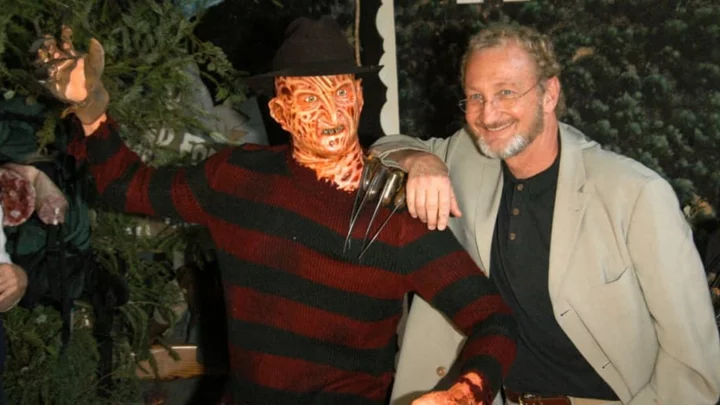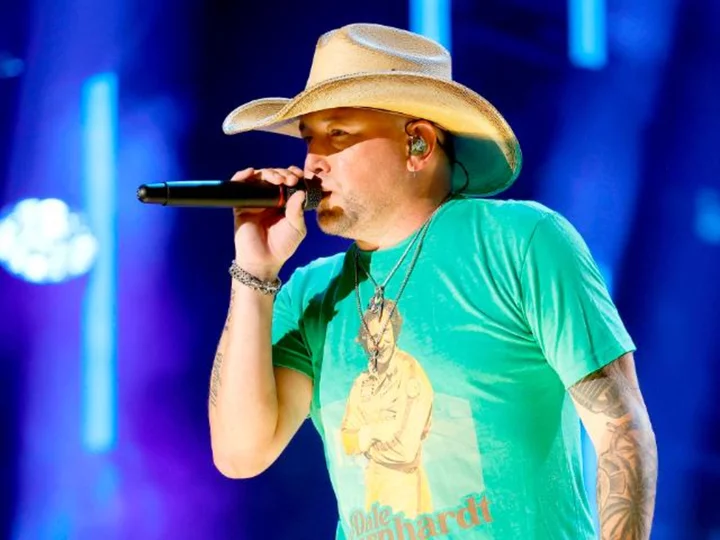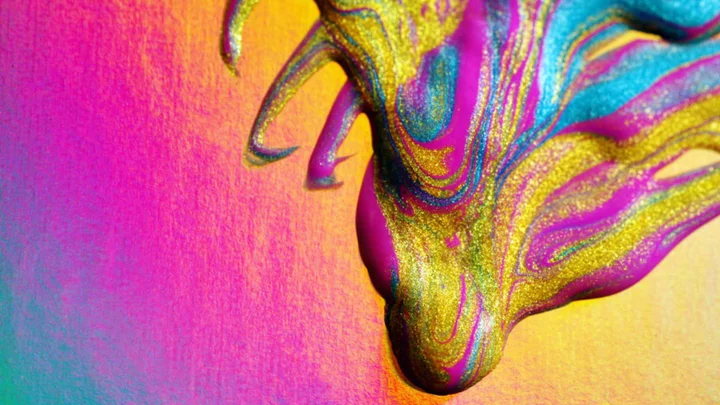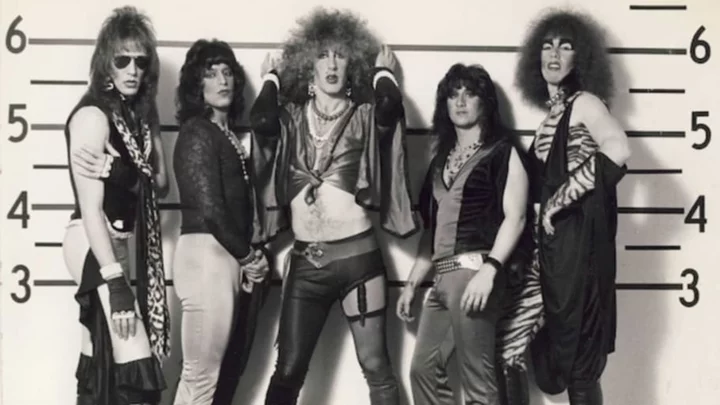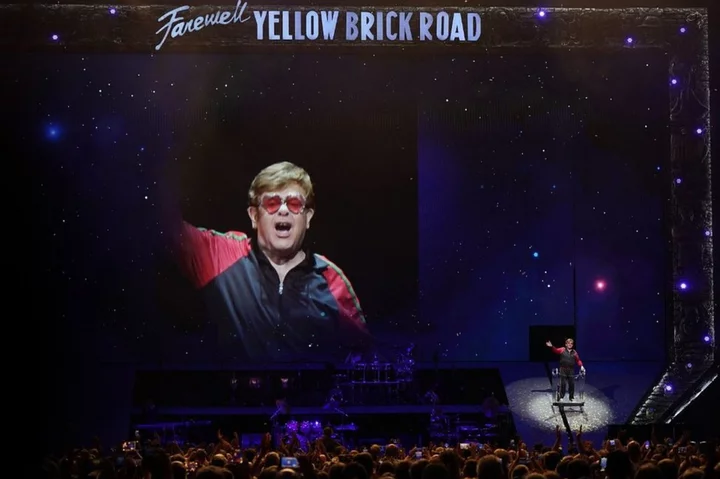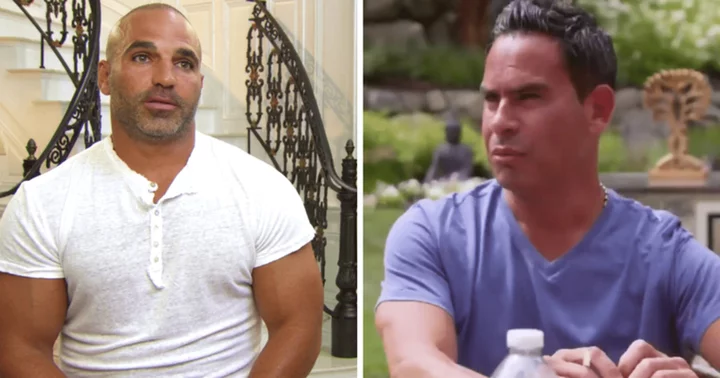Fans of Will Smith’s music career may think they’ve heard every album and seen every music video from the actor’s days as one half of the hip-hop duo DJ Jazzy Jeff & the Fresh Prince. Thanks to one ill-timed and poorly conceived effort, however, there’s one performance that aired only a handful of times before being permanently pulled. It has never resurfaced on compilations, on MTV, or even on YouTube—until now. And the fault lies solely with Freddy Krueger, who used something even more dangerous than his razor-fingered glove: a small army of lawyers.
Back in early 1988, Smith and his musical partner Jazzy Jeff (a.k.a. Jeffrey Allen Townes) released their second album, He’s the DJ, I’m the Rapper. It would eventually go platinum, selling 2.5 million copies through 1989 and spinning off the duo’s most successful single, “Parents Just Don’t Understand.”
In late 1987, Townes composed another single, “Nightmare on My Street,” that played with the premise established by the A Nightmare on Elm Street series. In the song, Smith’s dreams are haunted by a scarred bogeyman named “Fred”; a voice modulator mimics the raspy delivery of actor Robert Englund, who portrayed slasher movie icon Freddy Krueger in the Nightmare on Elm Street films. After his run-in, Smith tries calling Jeff to warn him of the threat but it was too late: The killer has gotten to his partner.
Zomba, the parent company behind the album's label, decided the song might be of interest to New Line Cinema, the studio behind the Nightmare film franchise. With the fourth installment, A Nightmare on Elm Street 4: The Dream Master, due to hit theaters in August 1988, Zomba executive Barry Weiss approached New Line with the possibility of collaborating and forwarded a tape of the song.
Weiss’s timing was spot-on. New Line had recently conducted research that indicated that 40 percent of A Nightmare of Elm Street's audience was black, and they felt that tying Krueger into the burgeoning rap and hip-hop industry would help cement his appeal to the demographic. But New Line and Weiss couldn’t come to a financial agreement. Instead, the studio went with The Fat Boys and granted permission for the song “Are You Ready for Freddy?” The video, complete with an appearance by Englund (in character), was released just a few months prior to A Nightmare on Elm Street 4 to raise awareness of the sequel.
Although New Line found their collaborators, Zomba didn’t appear willing to give up on the idea of a Freddy takeoff. “Nightmare on My Street” remained on the album, and Smith and Townes recorded a video intended for distribution on MTV. In it, Smith is stalked by a Freddy-like character who appears in a trench coat and has a wrinkled face. Smith’s lyrics make overt reference to a Krueger-esque appearance. (Fred is “burnt like a weenie.”) The eerie house Smith calls home even bears a passing resemblance to the house in the original Nightmare film.
If Zomba thought they could declare the song and video a parody and be safe from legal action, they were mistaken. Almost immediately, New Line's legal team sent a stern letter demanding the music label recall all copies of the song. When that didn't happen, the studio next sought a preliminary injunction to prevent “Nightmare on My Street” from being aired on MTV or elsewhere, citing copyright infringement and a concern that the video would detract from their collaboration with The Fat Boys.
"We own both a character, Freddy Krueger, and the theme music from Nightmare on Elm Street, both of which are protected under the copyright laws," Seth Willenson, New Line's senior vice president of telecommunications, told the in August 1988. “By using Freddy in the Jazzy Jeff song, they've infringed our copyright. We're protecting our rights the same way that George Lucas does, because as far as we're concerned, Freddy Krueger is the Star Wars of New Line Cinema."
Weeks before the release of the film, a judge in New York’s United States District Court would have to decide whether Zomba was entitled to a fair use exemption over a fictional child murderer.
To Zomba’s dismay, judge Robert Ward didn’t buy their argument that “Nightmare on My Street” was nothing more than a Weird Al-style satire. Screening the entire first installment of the film series and the music video, Ward noted that the latter drew considerable influence in tone, mood, and characteristics from the feature. Fred’s voice was scratchy like Englund’s; his glove, though it featured phonograph needles instead of razors, was obviously meant to invoke Krueger’s weapon of choice. Where Zomba saw parody, Ward saw little more than a derivative work of a copyrighted property.
“It is in this month that many individuals will make their decision whether Nightmare IV is a film that they are interested in viewing,” wrote Ward in his decision. “Thus, the telecast of the lower quality DJ Jazzy Jeff video with the somewhat silly and less frightening Freddy could dissuade an unspecified number of individuals from seeing the film.” The injunction was granted, with a full hearing to be held at a later date.
That didn’t happen—both parties settled out of court. While the song remained on the record, it began to ship with a disclaimer that it wasn’t associated with New Line; the video, which had aired only briefly on MTV, was pulled, and the court ordered that all copies be destroyed. But at least one survived: In October 2018, a YouTube user named "Nancy Thomson," a nod to the Heather Langenkamp heroine who appeared in several of the Nightmare movies, shared the video in its entirety.
If Smith and Townes were bothered by the outcome, they didn’t voice it publicly. Smith even dressed up as Krueger in a 1990 episode of his sitcom, The Fresh Prince of Bel-Air. But there is one additional bit of film trivia to come out of the case: In seeking to resolve the issue, New Line offered DJ Jazzy Jeff and the Fresh Prince a two-film option. If they accepted the roles, their salaries would be deducted from the settlement payout. One of those projects was 1990’s House Party, which the two declined. The roles eventually went to Kid ‘n Play.
This article was originally published on www.mentalfloss.com as The Time Freddy Krueger Became a Nightmare for Will Smith.

